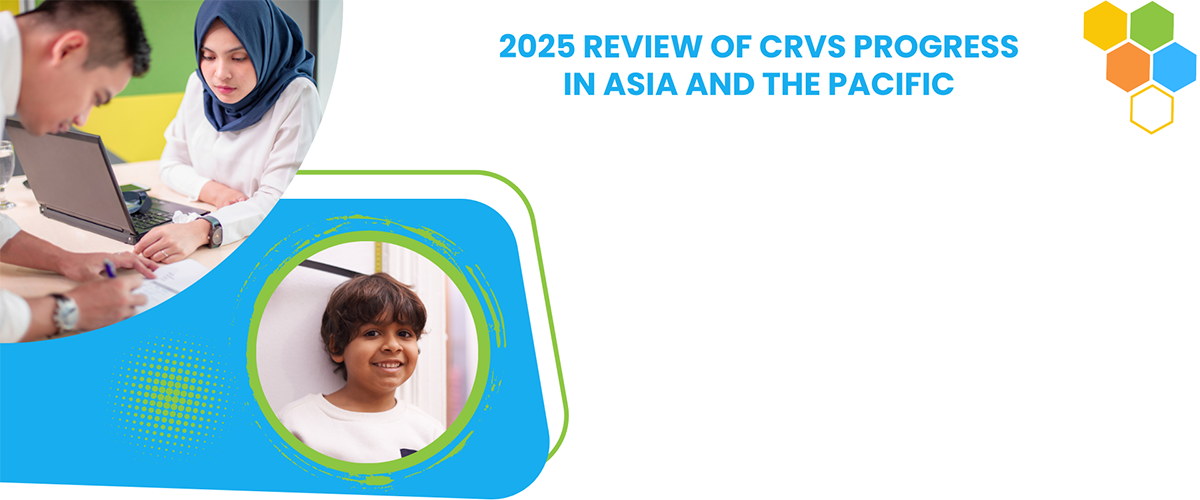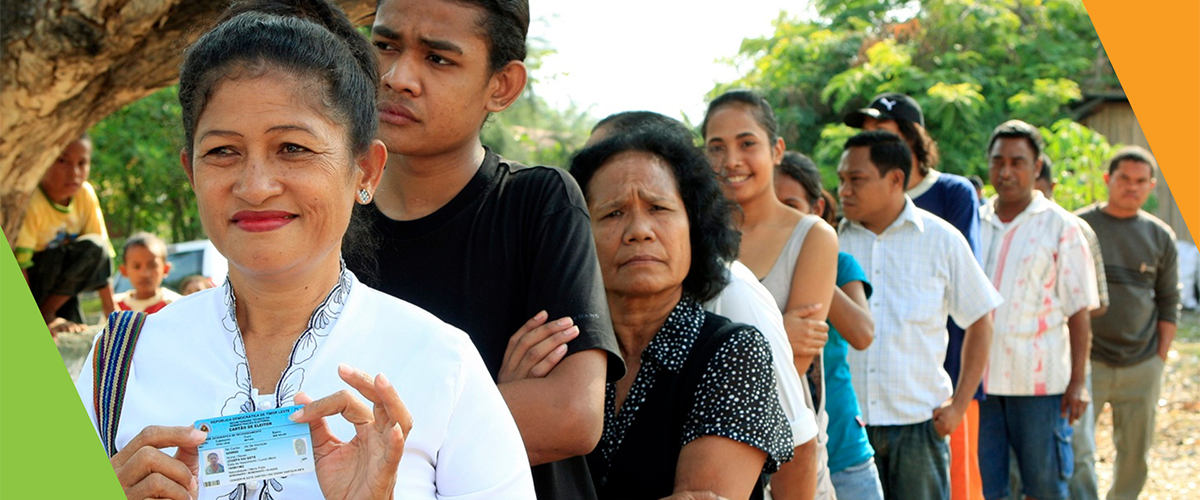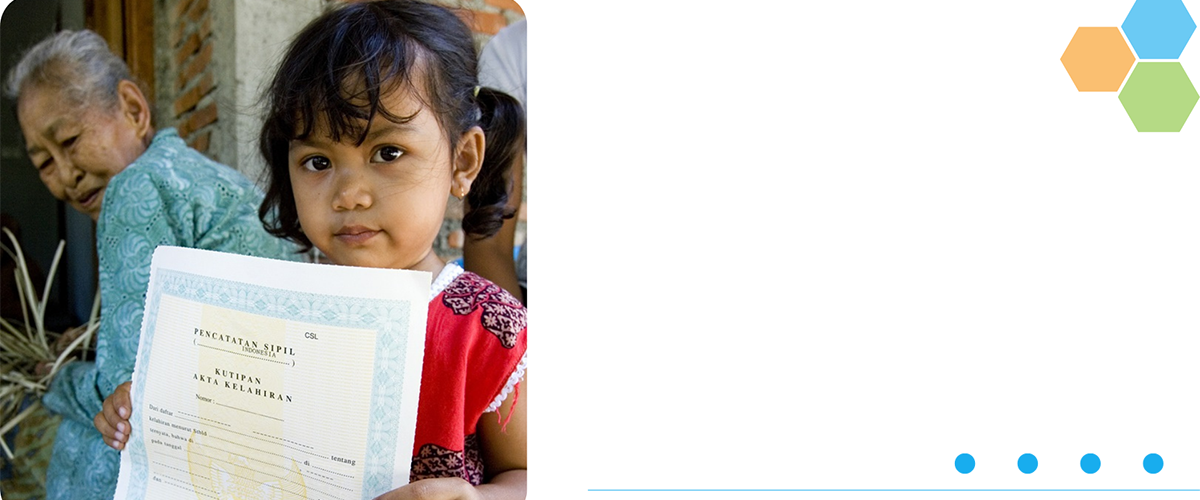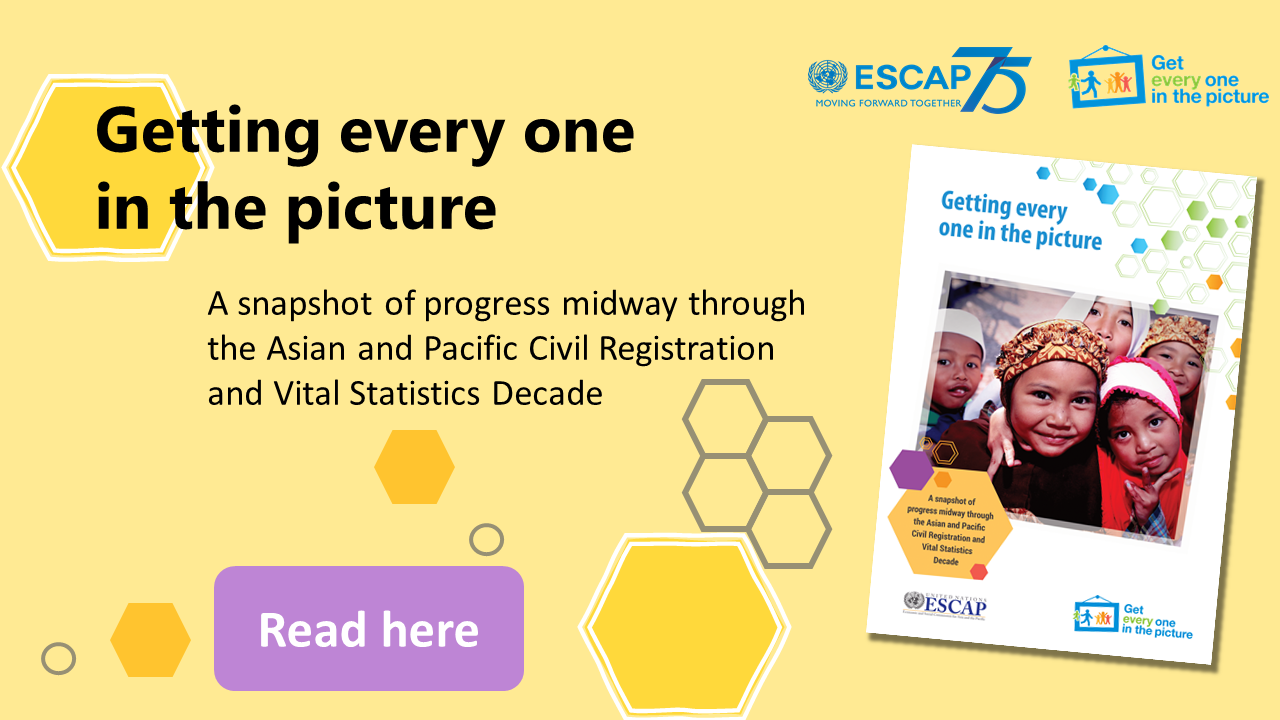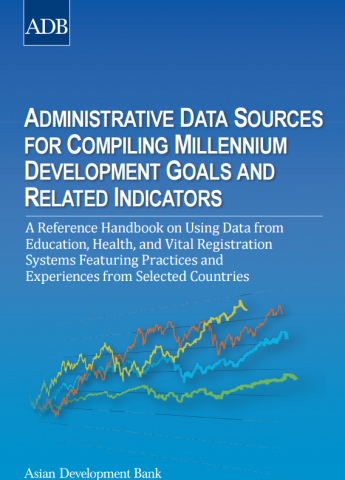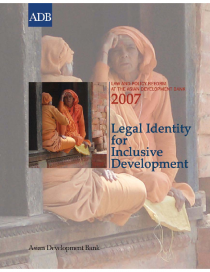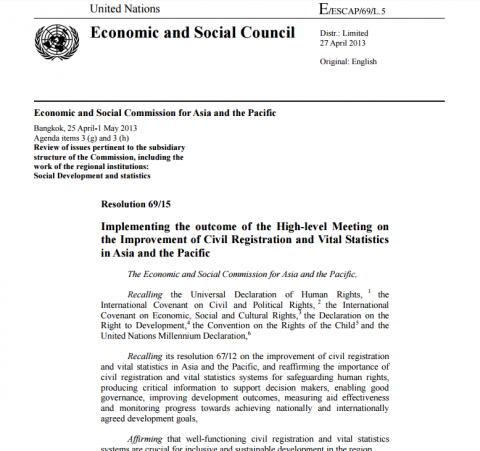Natural Disaster Displayed the Importance of CRVS in Region
Both as a Fijian and as Chair of the Regional Steering Group on CRVS in Asia and the Pacific I would like to stress the importance of our work to create better civil registration and vital statistics systems in our region. Because unregistered persons are often invisible to the State; their level of vulnerability and the limitations they face in gaining access to help and social protection can be very difficult to assess. This problem is especially salient during natural disasters such as the cyclone we recently experienced in Fiji.

